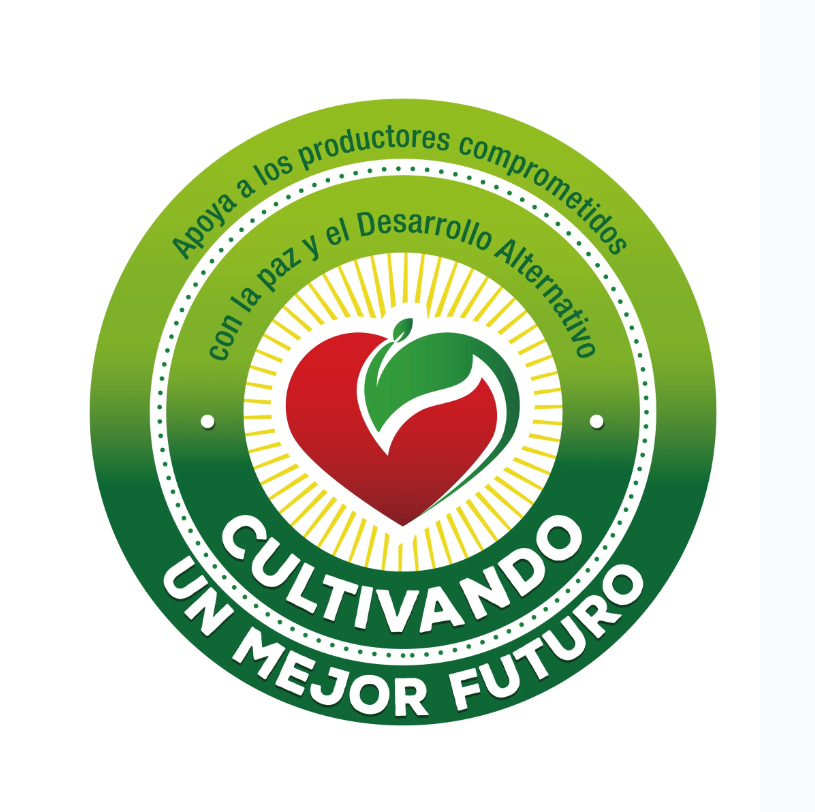

Ingredient
Sacha Inchi Oil
Plukenetia volubilis
Benefit:
Natural
Ever heard of sacha inchi? Sacha peanut, maybe? This oil's lightweight feel and soothing properties will ensure it sticks in your memory.
Sacha Inchi Oil
Where do we get it?
Lush UK purchases this ingredient from two sources. One is a certified organic producer in Peru called Candela, and the other is a United Nations Office on Drugs and Crimes (UNODC) program in Colombia.
With seven manufacturing sites across the globe, this information may vary depending on where your Lush products were made.
What are the benefits for people and the planet?
As a vegetable oil, it moisturises the skin and hair.
Rich in proteins and omega-3 and 9 fatty acids, it helps strengthen the hair and the natural skin barrier and has potent soothing properties.
These fatty acids are unsaturated, meaning that the oil has a very lightweight feel on the skin and absorbs quickly.
It also contains vitamin A and E, which are well-known anti-inflammatory antioxidants.
What are the benefits of sacha inchi for your skin and hair?
In Peru, the Candela NGO and social enterprise is driven by the will to empower small-scale collectors and producers of raw materials in the Amazon and the Andean highlands. They are dedicated to developing and strengthening value chains in Peru, also encouraging responsible consumption and sustainable use of natural resources. They promote crop diversity, so that rural producers do not rely on the success of a single production. Candela also sells Brazil nut, copaiba, bataua and buriti oils. They work with 38 families to produce the certified organic sacha inchi oil.
In Colombia, a supply chain of the oil has been established as part of an Alternative Development Program led by the UNODC. This program is present in 380 municipalities of Colombia, including more than 8,000 rural villages, and supports around 200,000 families. The aim is to offer viable and legal socio-economic opportunities to communities that have been affected by the drug economy which led them to be exposed to conflicts and poverty. Considering local values, traditions and customs, alternative production projects are set up. It is an integrated, long-term approach that aims to address the causes and consequences of poverty.





